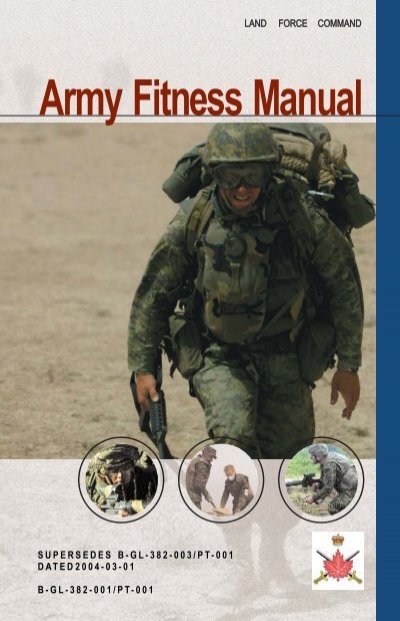RichardCaan
Jr. Member
- Reaction score
- 28
- Points
- 330
Altough I didn't get into RMC, ROTP is offering me subsizded education, I plan to transfer to RMC as soon as possible! I personally think civillian university isn't for me, but I don't mind giving it a shot.
Based on my offer I believe I will be doing BMOQ mod 1 and 2 next year, this gives a lot of time to prepare!
This upcoming university year will be very rough for me as I will have live by myself in a residence, this is my first time being independant from my parents and I know I will have to adapt quickly (parents are pissed I gotta move)
One of my biggest weaknesses is running, I am working on fixing my cardio by running every day at lunch during high school, I also run to the gym and back home I am adding more running as cardio goes on.
As for rucking all my textbooks plus my laptop are equal to 22 lbs, I feel my leg bones specifically my tibia is absorbing too much force during my runs to high school? Any advice to improve rucking and running form?
Any injury prevention tips at BMOQ?
Aside from the fitness component what are some daily things I can start incorporating into my everyday life to succed at BMOQ? (I only have one shot at BMOQ and I don't want to throw this away)
Lastly, thank you to everyone who helped me out during the application process and gave me good fitness advice, I look forward to working with you all one day!
Every response means a lot to me, thank you!
Based on my offer I believe I will be doing BMOQ mod 1 and 2 next year, this gives a lot of time to prepare!
This upcoming university year will be very rough for me as I will have live by myself in a residence, this is my first time being independant from my parents and I know I will have to adapt quickly (parents are pissed I gotta move)
One of my biggest weaknesses is running, I am working on fixing my cardio by running every day at lunch during high school, I also run to the gym and back home I am adding more running as cardio goes on.
As for rucking all my textbooks plus my laptop are equal to 22 lbs, I feel my leg bones specifically my tibia is absorbing too much force during my runs to high school? Any advice to improve rucking and running form?
Any injury prevention tips at BMOQ?
Aside from the fitness component what are some daily things I can start incorporating into my everyday life to succed at BMOQ? (I only have one shot at BMOQ and I don't want to throw this away)
Lastly, thank you to everyone who helped me out during the application process and gave me good fitness advice, I look forward to working with you all one day!
Every response means a lot to me, thank you!




